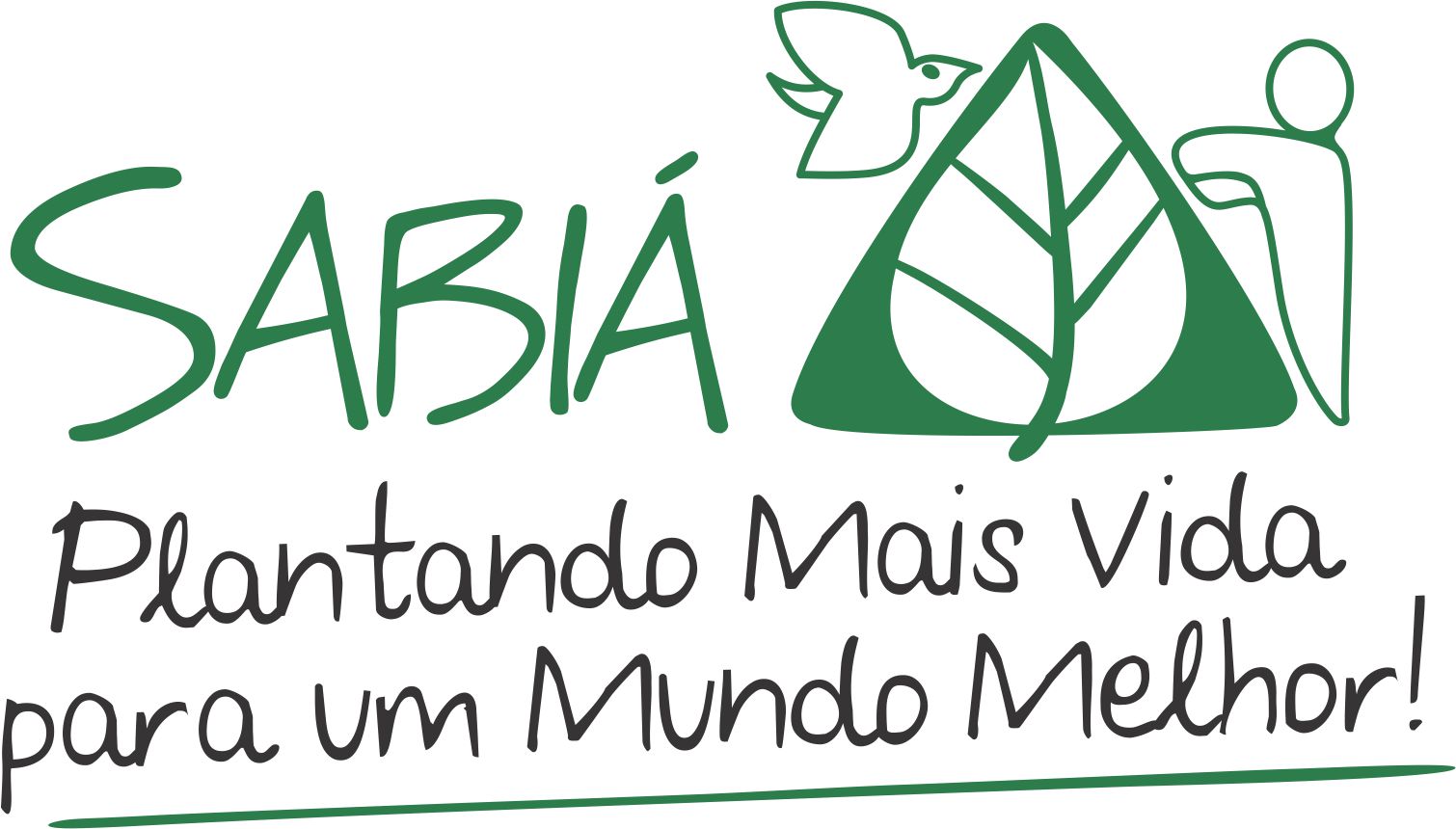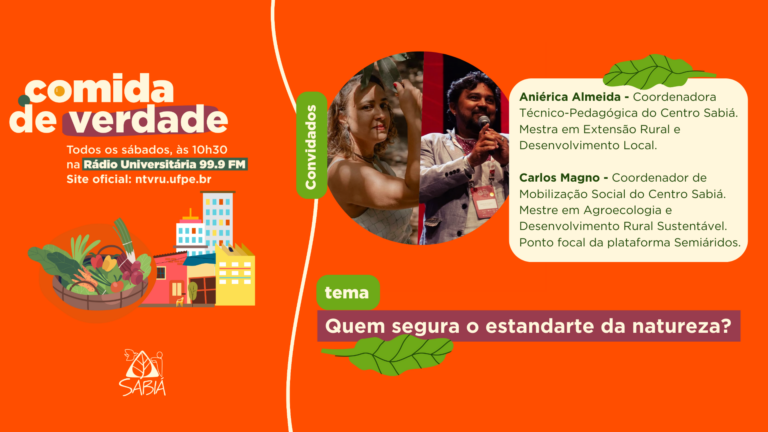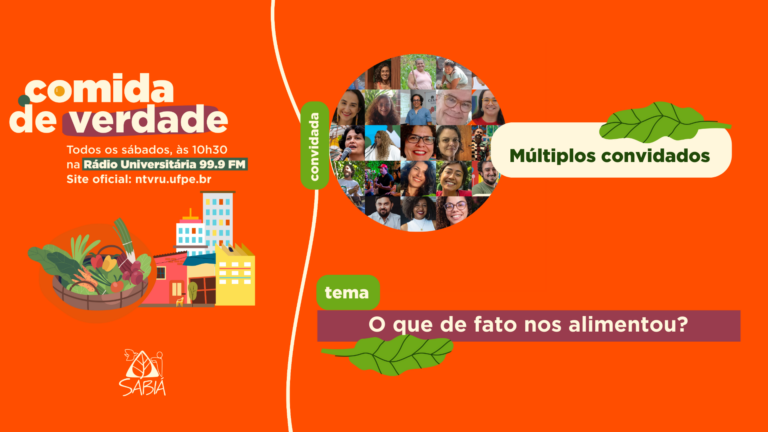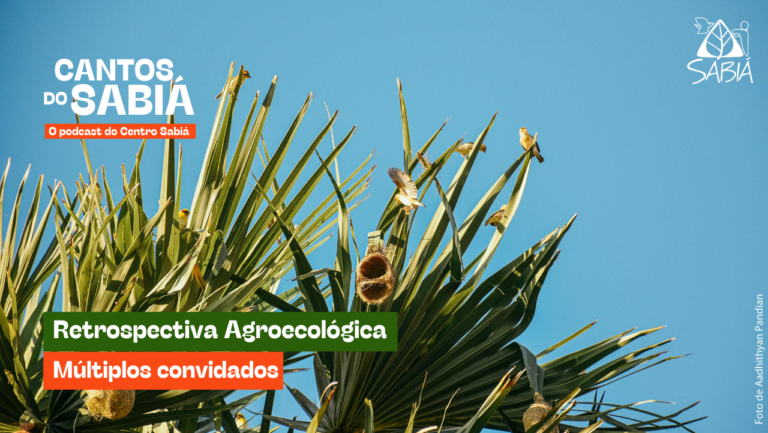Water, very precious!
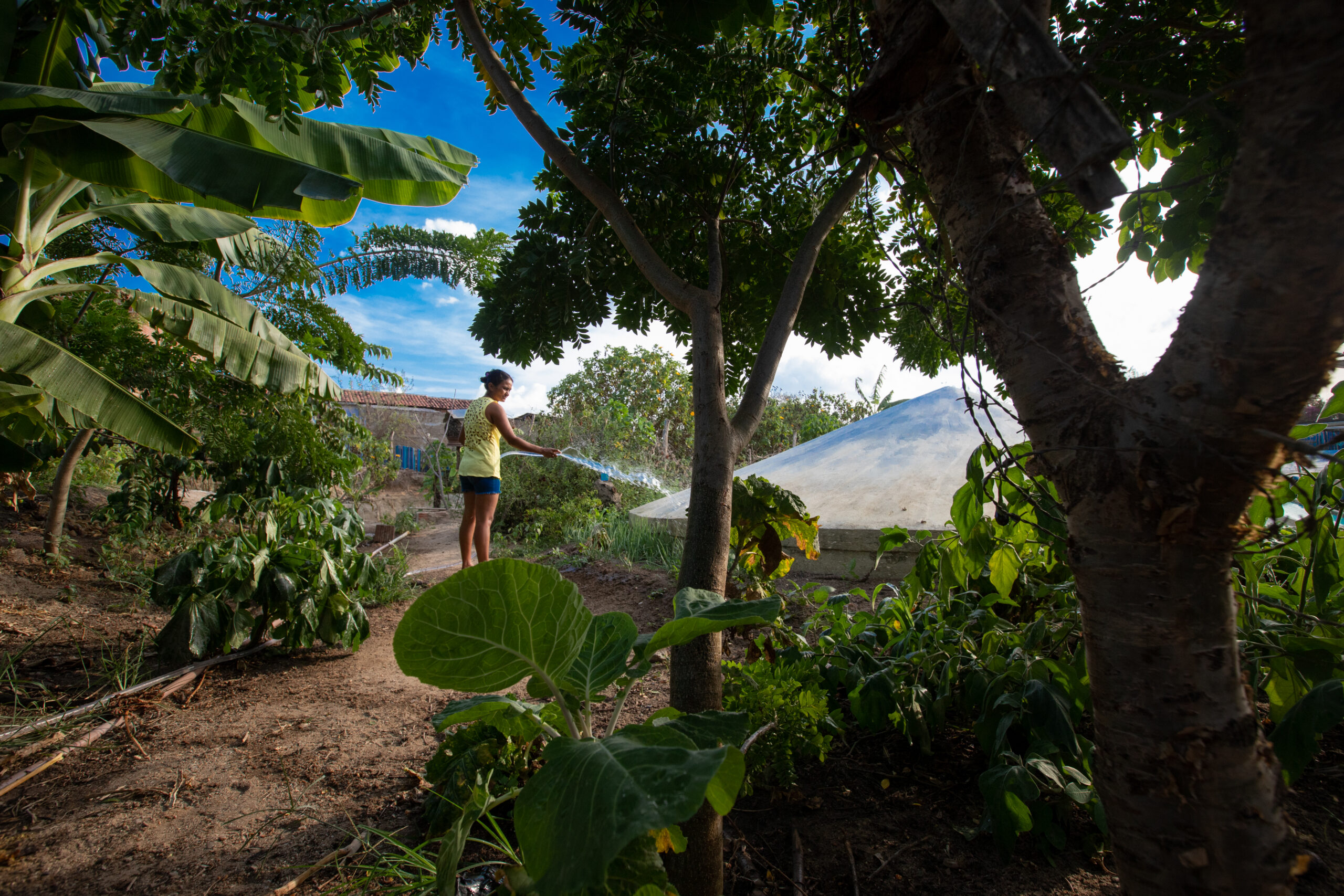
Juliana Peixoto
Zootechnician and territorial coordinator of the Agreste do Centro Sabiá
“Earth! Water planet!” composer Guilherme Arantes already sang, this is because the planet earth is composed of 70% of water, this isolated information leads us to nurture an illusion that we have water in abundance, however less than 1% of fresh water is available for human consumption. Water security is increasingly threatened, aggravated by pollution, lack of sanitation, water is one of the natural resources that most reflects the impact of climate change.
The month of March, the 22nd, was celebrated the world water day, this date was created by the United Nations (UN), at the Rio-92 Conference to remind the population, annually, that this resource is finite and is increasingly scarcer. During the event, the “Universal Declaration of Water Rights” was released by the UN, from which we extract Art. 2, which makes a characterization of this precious asset.
“Art. 2nd – Water is the lifeblood of our planet. It is the essential condition of life for every plant, animal or human being. Without it, we could not conceive what the atmosphere, climate, vegetation, culture or agriculture are like. The right to water is one of the fundamental rights of human beings: the right to life, as stipulated in Art. 3 of the Declaration of the Rights of Man.”
The semi-arid region occupies 12% of the national territory and has an irregular rainfall system, which presupposes the strategy of storing water for coexistence in the region. The difficulty ends up being greater for rural families that do not have cisterns, a social technology for capturing and storing rainwater, which has changed the lives of farming families in the region.
The One Million Cisterns Program (P1MC) of the Semi- Arid Articulation (ASA) built 1.5 million technologies, making a difference for five million Brazilians, but did not reach universalization. Between 2020/2021 it suffered a cut of about 94%, the biggest since its creation in 2003. And with that, those who do not yet have cisterns are denied the right of access to water.
We ask the entire population to be ecologically aware of the use of water, and, in particular, and to the governments, on behalf of farming families in the semiarid region, we call for the strengthening of public policy, through the cistern program that has strongly contributed to making the difference in the lives of farming families.
Nothing found.

